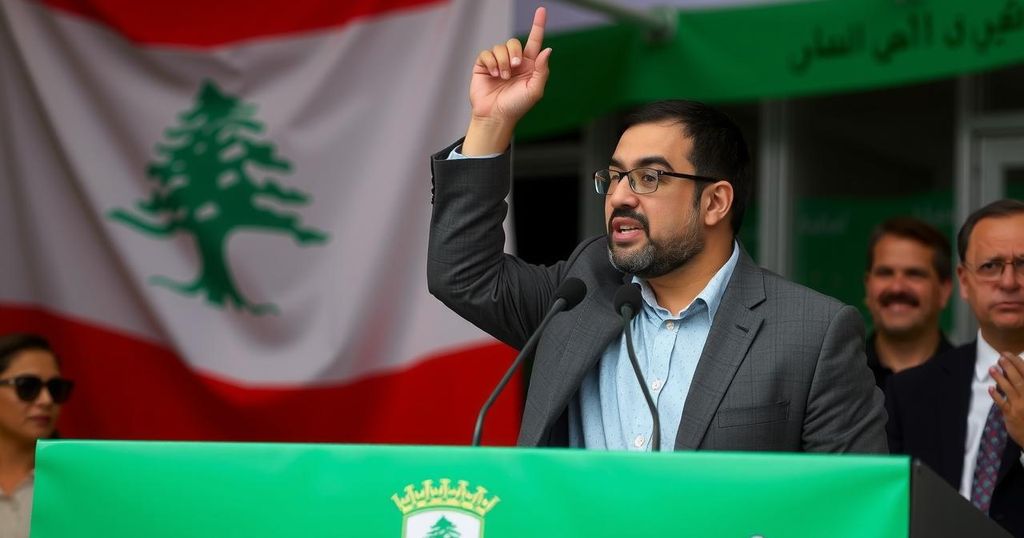General Joseph Aoun’s election as president of Lebanon underscores Hizbullah’s declining political power. Aoun, backed by international allies, faces pressing challenges such as stabilizing Lebanon’s ceasefire and forming a new government. His presidency is viewed as an opportunity for economic recovery, albeit against a backdrop of political opposition and international scrutiny.
The election of General Joseph Aoun as Lebanon’s new president signifies a substantial setback for Hizbullah, highlighting its waning political influence in the country. This milestone follows a prolonged vacancy of 26 months during which Hizbullah, despite its efforts, was unable to secure the presidency for its favored candidate, Suleiman Frangieh. Aoun, supported by international powers including the United States, France, and several Arab nations, emerges as a crucial figure in reshaping Lebanon’s political landscape.
As the newly elected president, General Aoun faces immediate challenges that are paramount to stabilizing Lebanon. His urgent priorities include overseeing the deployment of the Lebanese army to ensure a ceasefire in southern Lebanon and initiating the formation of a new government to replace the interim leadership of Najib Mikati. This governmental transition is critical not only for domestic governance but also for addressing the economic reconstruction needed in Lebanon, facilitated by UN Resolution 1701 aimed at stabilizing the region.
In his remarks, General Aoun expressed commitment to overcoming skepticism regarding his capabilities to dismantle Hizbullah’s military structure. A significant concern surrounds Aoun’s ability to prevent the smuggling of weapons and funds from Syria and Iran to Hizbullah, particularly through critical transit points in Beirut. Moreover, political analysts suggest that Aoun’s election could intensify international calls for Israel to withdraw from southern Lebanon, which may put additional pressures on Aoun’s presidency domestically.
General Aoun’s election reflects a convergence of international pressures affecting Lebanon’s political dynamics, which, despite a lack of support from various parliamentary factions, allowed him to secure a presidential majority. As he embarks on his tenure, General Aoun must navigate intricate regional partnerships and manage opposition from Hizbullah and its allies, who are positioned to occupy influential roles within the new government.
Public sentiment towards General Aoun is cautiously positive, as many Lebanese citizens harbor hopes for his leadership to bring both stability and necessary reforms. Nevertheless, the political context remains volatile, and the effectiveness of Aoun’s presidency hinges on how he addresses both internal challenges and international expectations in the months to come.
The political landscape in Lebanon has been marked by a prolonged period of instability and factional conflict, particularly influenced by the powerful role of Hizbullah within the government structure. Since Hizbullah’s emergence as a key political and military player, their ability to secure governmental positions has been challenged by shifts in international alliances and local sentiments. The recent presidential election of General Joseph Aoun signals a potential turning point in this dynamic, as he aligns with multiple international partners notably supportive of Lebanese sovereignty and stiffer military control against the Iranian-affiliated Hizbullah.
The election of General Joseph Aoun as Lebanon’s president marks a critical juncture in the country’s political trajectory, signaling a potential decline in Hizbullah’s dominance. Aoun faces monumental tasks in ensuring regional stability, forming an effective government, and garnering international support to initiate reconstruction efforts. While public hope abounds for reform and stability, the interplay of political resistance and external pressures will greatly influence the success of his administration in navigating the complexities of Lebanon’s challenges.
Original Source: jcpa.org






